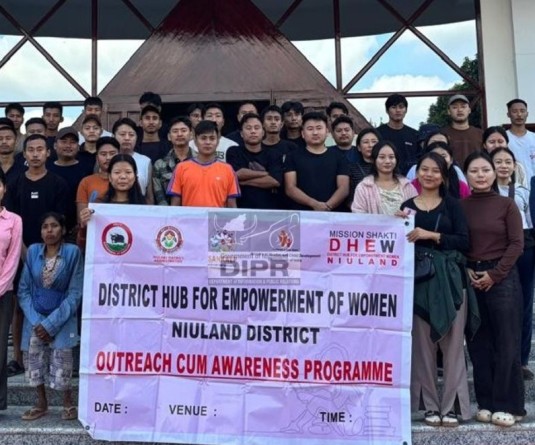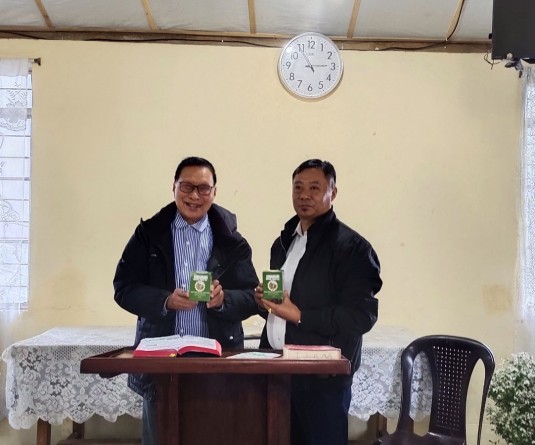
DIMAPUR, APRIL 12 (MExN): Action Committee Against Unabated Taxation (ACAUT) Nagaland has questioned the “unethical practices” of an Indian multinational banking and financial services company based in Dimapur for denying the right to a local entrepreneur in availing loan despite being selected and sanctioned Rs 22 lakh loan under the Prime Minister’s Employment Generation Programme (PMEGP) Scheme.
The anti-corruption body also found it as “even more condemnable” that the Khadi and Village Industry Commission (KVIC) Nagaland despite knowing the fact that the said bank has “never entertained any local entrepreneurs in the last 7 years would still empanel it as loan dispensing agency.”
“It is fishy that KVIC should still patronize the bank despite the latter being openly hostile to the entrepreneurial community,” a press statement from ACAUT Media Cell on Tuesday stated.
It alleged that “KVIC even played mischief by refusing to allot a different bank to the said entrepreneur even when he repeatedly complained to the officials regarding the unprofessional and sick attitude of the bank.”
It further alleged that the local entrepreneur was made to run around for three months by the bank, after which it offered to pay Rs 1 lakh out of the total Rs 22 lakh. Left with no other option, the entrepreneur had approached ACAUT Nagaland and only after its intervention, the bank released Rs 10 lakhs out of the Rs 22 lakh, the ACAUT statement read.
Also expressing shock that the bank in question was flouting all banking norms, ACAUT suspected that it is “operating simply to collect deposits …. while foregoing its responsibility to customers.” Pointing out that this is one example out of thousands cases happening all over Nagaland, ACAUT has warned that it will not tolerate such discriminatory policies against locals.
It also appealed to all the PMEGP selected candidates who have faced harassment from the banks to contact its officials. “The ACAUT is ready to expose such dirty-dealings to the public, the RBI, the Finance Ministry, and the Banking Ombudsmen,” it stated.





